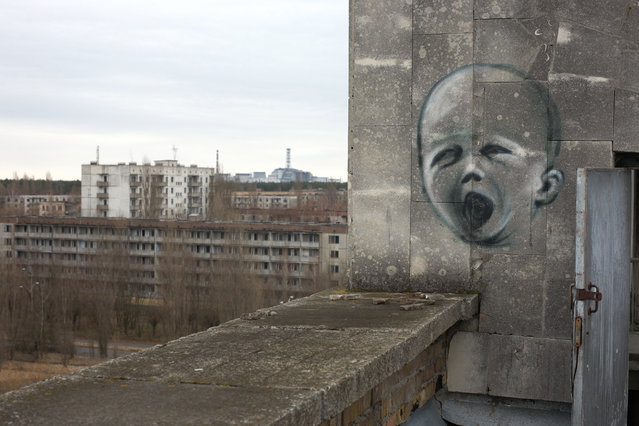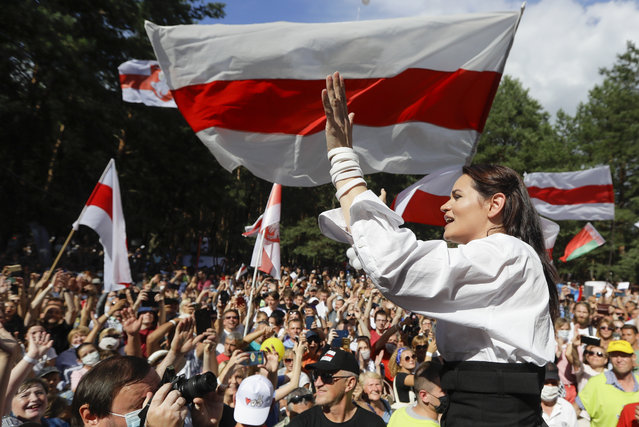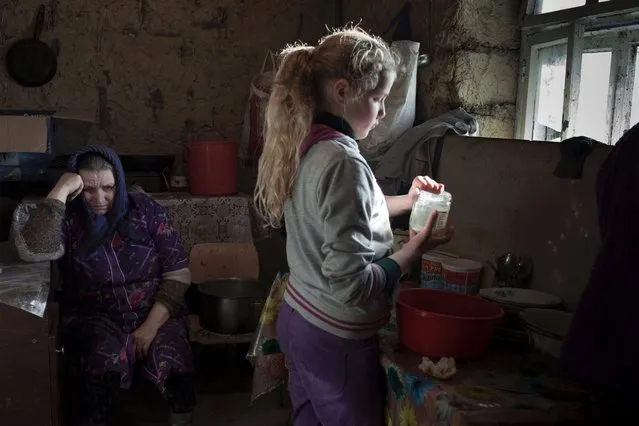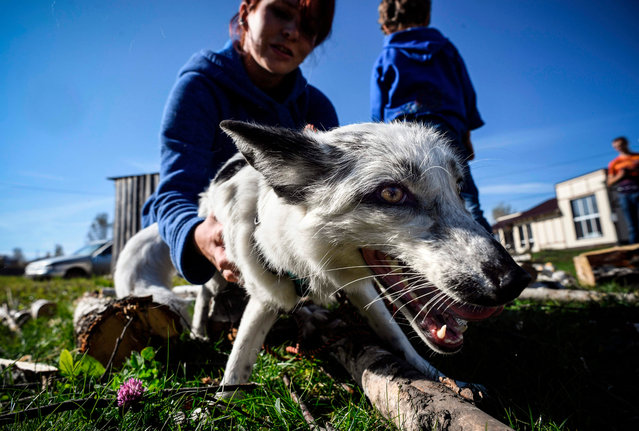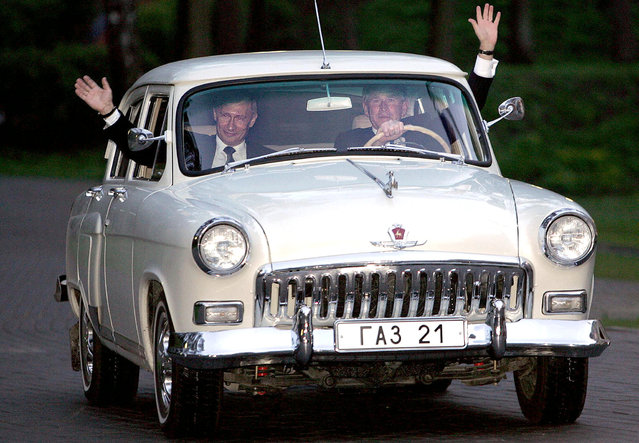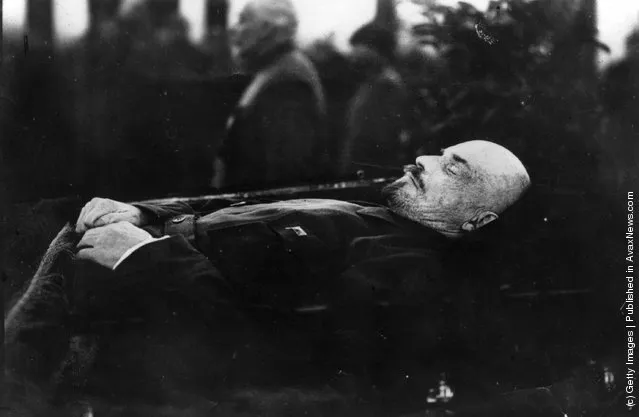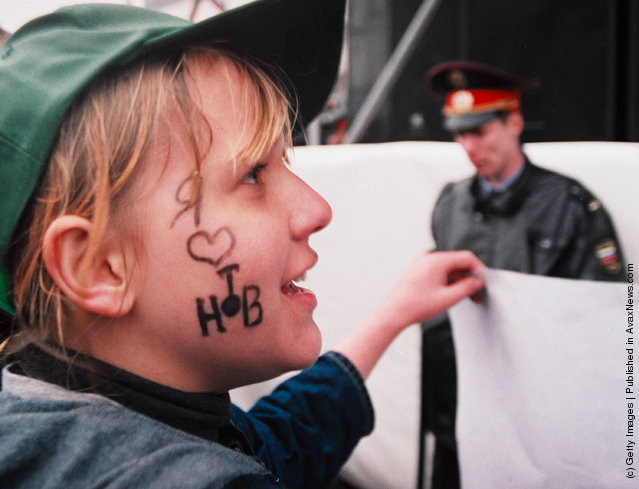
Combine harvesters work on a wheat field of the Solgonskoye farming company near the village of Talniki, southwest from Siberian city of Krasnoyarsk, Russia, August 27, 2015. Russia, one of the world's top wheat exporters, will harvest its third-largest grain crop in post-Soviet history this year, leading Russian consultancy SovEcon said on August 27 after upgrading its forecast. (Photo by Ilya Naymushin/Reuters)
29 Aug 2015 10:47:00,post received
0 comments

